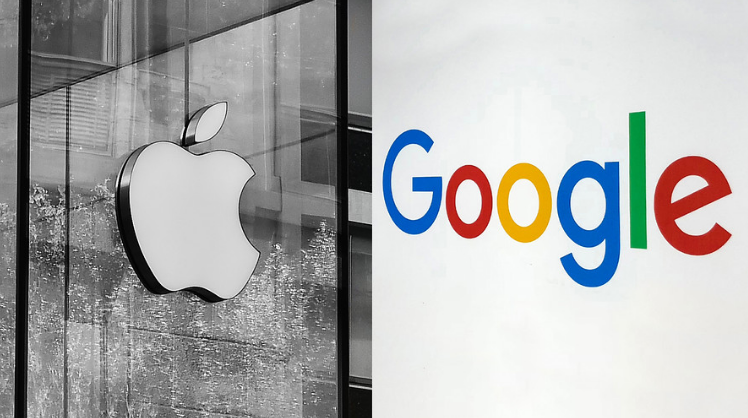According to Balaji Srinivasan, the former chief technology officer of cryptocurrency exchange Coinbase, bankrupt governments may attempt to seize a portion of people’s bitcoin if having adequate crypto turns into the most essential debate in the next few years.
Srinivasan has voiced alarm over the dangers that large technology companies represent to the cryptocurrency market. He actually described Apple and Google as “systemic risks” to the crypto industry.
Compromising Private Keys
On May 19, he tweeted that the United States government might use iPhones and Android devices manufactured by these two tech giants as “weapons” to compromise private keys.
The former CTO drew focus to the growing political significance of cryptocurrencies. Srinivasan argued that by the end of the decade, the ownership of sufficient Bitcoin by financially distressed governments might turn into a major political problem, in the same way that Twitter and Facebook played critical roles in catalyzing the Arab Spring in 2010.
These social media platforms provided new avenues for communication and mobilization during that year, empowering activists and facilitating the spread of information during the uprisings that occurred across several countries in the Arab world.
STOPPING THE BACKDOOR ATTACK
In 2010, even after Twitter and Facebook helped catalyze the Arab Spring, people still would have thought it implausible if you’d said “in ten years, the most important political issue in the world for a few days will be whether the President of the…
— Balaji (@balajis) May 19, 2023
He said:
“This isn’t cyberterrorism, it’s cyberwar. It’s not some random hacker who manages to sneak out a file. It’s when the CEO of a company gives the lawful order to to hack their customers.”
According to the former Coinbase executive, this is comparable to what happened to the 140 million Russians who were deemed state adversaries at the beginning of 2022: every technology company turned on their former consumers.
Forced To Conform
In this “dystopian future,” he continued, the majority of tech companies will be compelled to conform because they have no choice. The US may try to force Apple, Google, and other tech companies “to hunt for private keys” on the servers, devices, and browsers they control.
This would allow the government to allocate acquired funds, providing a source of funding to a financially strapped government. Srinivasan underscored that the situation in question is not cyberterrorism but “cyberwar.”
“If you can’t trust the operating system itself, things get tricky,” Srinivasan said.

Meanwhile, a number of people noted that crypto may require its own mobile device and suggested the recently launched Solana phone. Some questioned, however, why individuals would retain their private keys on their cellphones. Both Google and Apple stores lack end-to-end encryption, which is generally regarded as a breach of security standards.
End-to-end encryption ensures that data transmitted between users and services remains private and secure, even from the service provider itself. While both Google and Apple have implemented encryption for certain aspects of their platforms, such as messaging apps, the same level of security is not extended to their app stores.
BacklashApple received backlash in August 2021 for its proposed three child safety features. A tool to find CSAM images kept in iCloud photos would have been included in the updates. This option would have obscured images that were sexually explicit in the Message app and other child exploitation tools.
Protesters contended that such a characteristic could have generated a “backdoor” that law enforcement and government institutions could have used for reasons of surveillance. False positives were also a concern, as anyone could inadvertently upload CSAM images to an individual’s iCloud account and have them flagged.
The US and China are reportedly among the largest holders of Bitcoin and other digital assets. To put that in perspective, the US government currently possesses over $6 billion worth of the crypto.
A large chunk of these bitcoins were acquired by the government through confiscation, such as in the Bitfinex hack and the Silk Road bitcoin raid.
-Featured image from Getty Images











